This human services webinar series presents information, skills, and resources for anyone interested in or working in human services from QVCC and beyond in northeastern Connecticut. Join the series for one topic of interest or all of them.
ABOUT THE WEBINARS

Webinars are 1 hour (noon-1 pm) on Webex. They are free and open to the public (targeted toward the QVCC & northeastern Connecticut human services programs and people and will be recorded. Register for upcoming webinars to receive reminders and follow-up resources, including recordings!
 FACILIATOR
FACILIATOR
Shelley Buchbinder is an Assistant Professor/Program Coordinator of Human Services at QVCC. She is an environmental psychologist and social worker experienced as an educator, trainer of supportive housing staff, and social worker in housing, community education, medical, and human service program evaluation. Email her with questions (sbuchbinder@qvcc.edu).
Spring 2023 Webinars
Mondays 12-1 pm on Webex – Series Registration
Free & open to the QVCC and northeastern CT human services communities
Food prices are rising, and record numbers of Connecticut residents face food insecurity (lack of reliable access to affordable, nutritious food). This webinar introduces food insecurity, the poor food environments many live in swamped by packaged and fast food, impact on mental and physical health, and local food assistance resources and ways to get involved.
Co-presented with Brittney Cavaliere from Connecticut Food Share.
Presentation: https://drive.google.com/file/d/1px34k71gG-LrzwJa9u0JDTFqUnrBtzio/view?usp=sharing
Recording: https://ctedu.webex.com/ctedu/ldr.php?RCID=f6c33b3b549a7ecffc465b74dcf3d668
Additional Resources from Connecticut Foodshare: https://ctfoodshare.org/get-help/
Reproductive health and access are being limited, including access to health education, birth control, and birthing services. This webinar presents the history of reproductive access, increased access, current challenges, and local resources.
Recording: https://ctedu.webex.com/ctedu/ldr.php?RCID=78a6097864ce7f8f556281867a043d4f
Presentation: https://drive.google.com/file/d/1Bzwv0HYqmVvr9OrNBEsdZbE6topt19re/view?usp=share_link
Additional Information in the Reproductive Rights Library Guide: https://guides.qvcc.edu/reproductivehealthrights/home
Rent is too high for millions of Americans, and there is a nationwide affordable housing shortage. Connecticut has the third most expensive housing in the US and faces acute affordability and access issues, with homelessness rising from increased shelter demand to encampments. This webinar introduces reasons why housing is expensive and local affordable housing resources.
Co-presented with Avery Lenhart from the Windham Region No Freeze Project
Fall 2022 Webinars
The following webinars have already occurred but video and presentation files are available for each.
When does stuff become too much stuff? For people with hoarding behaviors, getting and keeping things beyond their ability to use or keep safely causes many problems. This webinar includes approaches and resources to address excessive cluttering using harm reduction principles.
What’s your pronoun? Language and best practices are changing rapidly in ways that matter to the well-being & quality of services. This webinar introduces best practices concerning gender and orientation to make human services spaces more inclusive and affirming.
Watch Video Presentation
Download Presentation (PDF)
The trauma-informed shift moves away from asking “what’s wrong with you” toward “what happened to you”. This shift includes greater awareness of Adverse Childhood Experiences (ACEs), such as abuse, which can contribute to negative coping like avoidance. The webinar presents information and resources on ACEs and coping skills.
Watch Video Presentation
Download Presentation (PDF)
Over-policing through disproportionate tickets, arrests, and violence was protested widely in 2020 after the killing of George Floyd. Over-policing negatively impacts many people in mental health crises. This webinar presents information about policing mental health and resources to support vulnerable participants, including those who are unhoused.
Watch Video Presentation
Download Presentation (PDF)
Regions across the US face shortages of accessible and local providers. Windham county lost one of two maternity units during the pandemic throwing it into maternity desert status. This webinar presents healthcare deserts as a social determinant of (mental health) along with best practices and resources. This webinar is open to all QVCC and community members.
Watch Video Presentation
Download Presentation (PDF)
